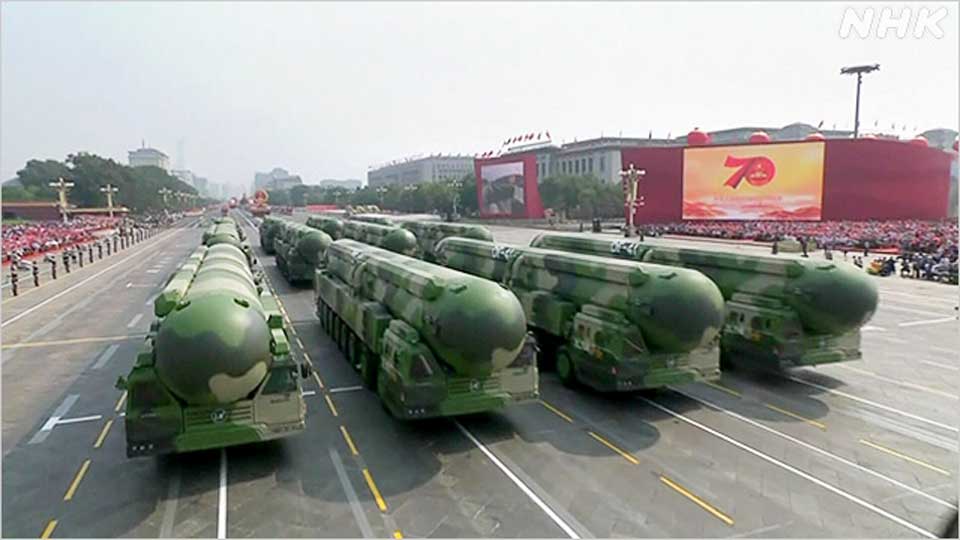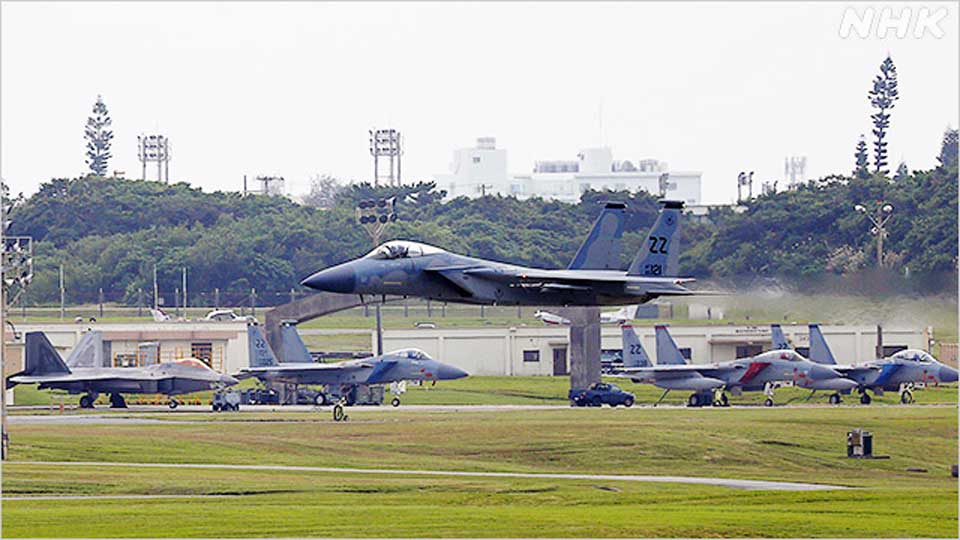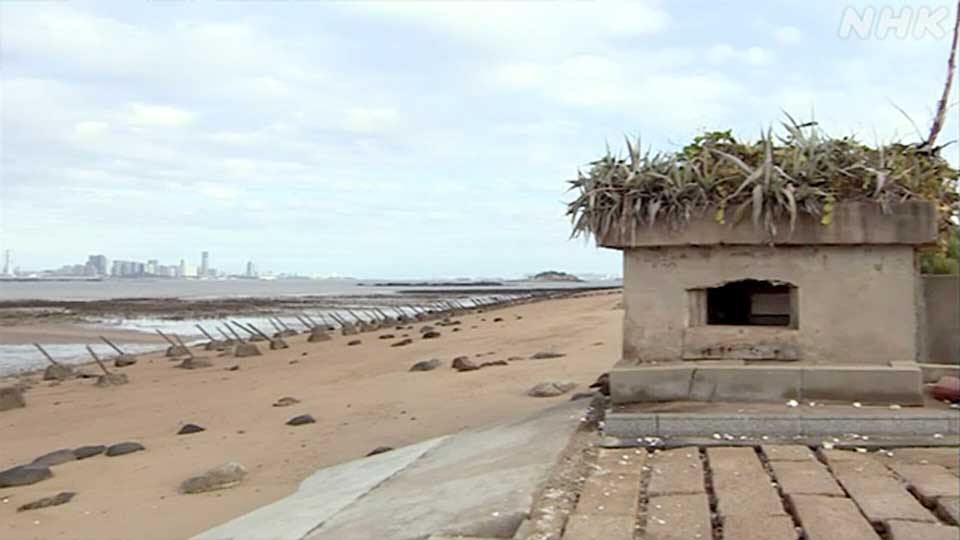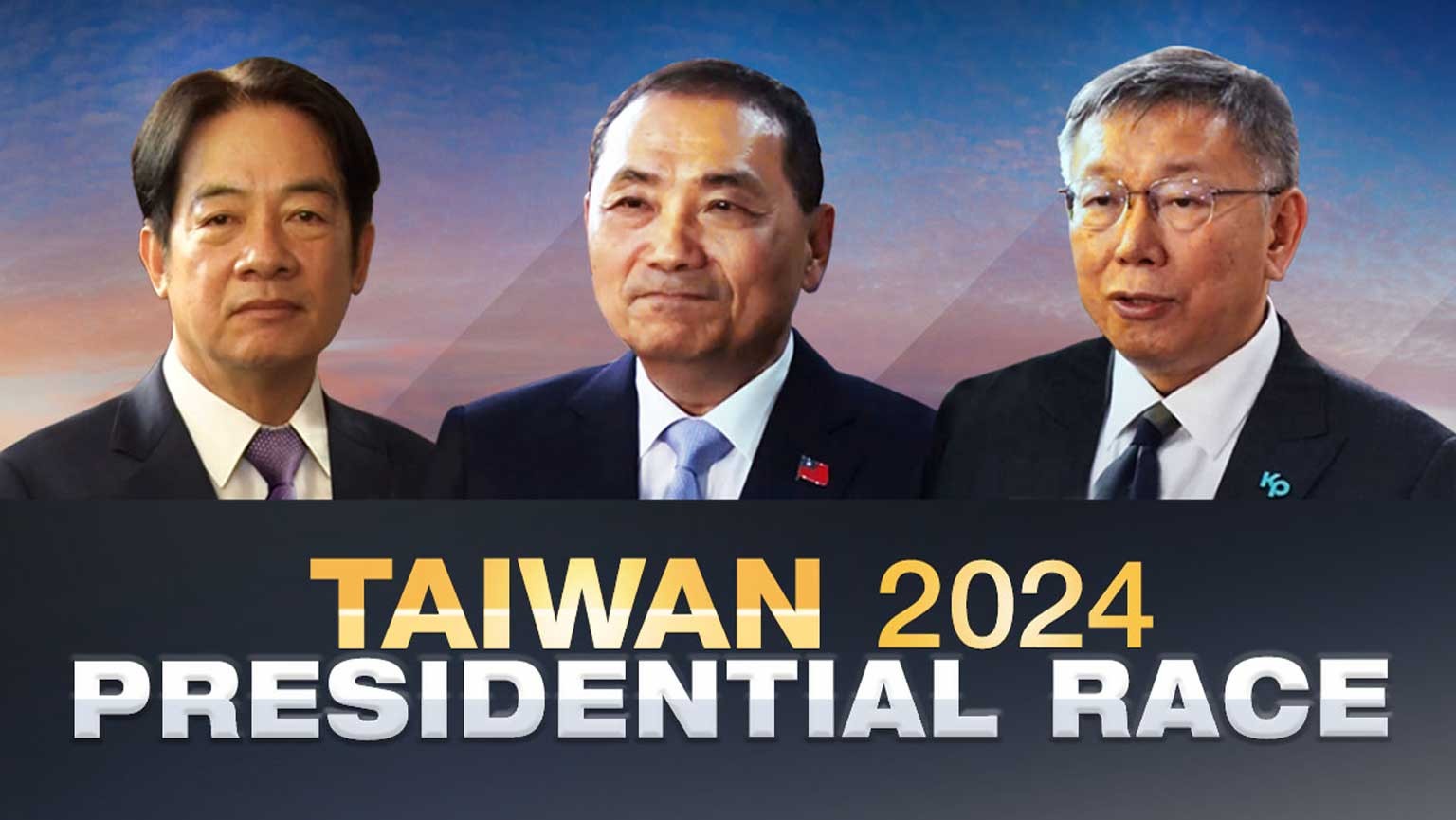*Click here to read:
A Japanese academic's view of Taiwan's presidential election (January 9, 2024)
The ins and outs of Taiwan's China conundrum (January 10, 2024)
We hear a lot about the 'Taiwan contingency.' What is that?
Professor Fukuda Madoka: I do not use the term "Taiwan contingency" very often. It is often used to mean that there will be a military conflict in the Taiwan Strait. We should at least use the term "Taiwan Strait contingency."
Taiwan contingency sounds very strange because it is as if something is going to happen in Taiwan. But I have the impression that the terminology has taken root over the past year or two.

When you say 'Taiwan Strait contingency,' what do you mean?
Fukuda: I mean a war, conflict, or military crisis in the Taiwan Strait. At this point, we have to consider that China is not really saying that they are going to war for unification. China is calling it a "peaceful unification." What China is saying is that if Taiwan declares independence or they otherwise lose hope for unification, they will go to war to stop it. In other words, the "contingency" is not that something will happen in Taiwan, but that it will occur in the relationship between China and Taiwan.

Which has the stronger forces, China or Taiwan?
Fukuda: This is an important question. The Chinese military has always said they would go to war. But until about the 2000s, Taiwan had more modern missiles, fighter jets, and naval submarines. So, it was thought that unless something was done from the Taiwan side, it was unlikely that China would start a war.
But, in the late 2000s, especially in the 2010s, the balance was suddenly reversed. The Chinese military's capabilities have been increasing rapidly, and it is now predicted that Taiwan's military will have a tough time if it fights alone. This situation has made the hurdle for China to start a war much lower, and I think that has led to the current concern about the possibility of war in the Taiwan Strait.

How would a contingency in the Taiwan Strait impact Japan and the rest of the world?
Fukuda: It would have a huge impact. In the case of Japan, there are US military bases in the country, so we should consider the possibility of an attack.
Even if bases in Japan are not attacked, the US military would be expected to intervene. In that case, Japan would be required to be involved in that war in some way, under the provisions of the Japan-US alliance and through consultations. It is not only on the military front. As we can see from the war in Ukraine, the US and Japan would likely impose economic sanctions, which means that Japan would fight China indirectly.
The question also arises about what would happen to Japanese business people and companies in China. In addition, there is a possibility that the surrounding straits would be blocked, greatly affecting Japan's logistics.
In this way, there would be a major impact on all fronts, and every country feels it must prevent the outbreak of war. As for China, it keeps saying that it will go to war and has to keep preparing for it, but if it goes to war, China itself has to be prepared to bear a great deal of pain, which is a very high hurdle.

What kind of actions have the Chinese military taken against Taiwan in the past?
Fukuda: During the Cold War, they shelled the islands of Kinmen and Matsu, remote islands in Taiwan that are close to the Chinese mainland.
In 1996, *the Taiwan Strait Crisis happened. In 2022, after Nancy Pelosi, then US House Speaker, visited Taiwan, the Chinese military test-fired missiles and conducted various integrated military exercises in the waters and airspace around Taiwan. These exercises were designed to demonstrate the ability to blockade major Taiwanese ports and other areas, and then the ability to land after the blockade is established.
In addition to these exercises, military aircraft and warships have recently been crossing the median line across the Taiwan Strait on an irregular basis, gradually expanding their area of operations into the Taiwan side of the strait. Each time this happens, the Taiwanese military has had to respond, such as by scrambling jets.
*Taiwan Strait Crisis of 1996
In 1996, China conducted missile exercises to pressure Taiwan ahead of the island's first presidential election. As tensions across the strait rose, the US dispatched two aircraft carriers to the area.

Will the US help Taiwan?
Fukuda: After the US severed diplomatic relations with Taiwan, Congress created the Taiwan Relations Act. This allows the US to continue to sell defensive weapons to Taiwan, expressing an "interest" in the possibility that Taiwan's future could be determined by force or coercive means. Given this basic position, if war were to break out due to an attack from China, the US would almost certainly support Taiwan.

